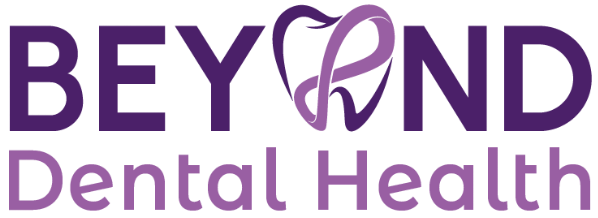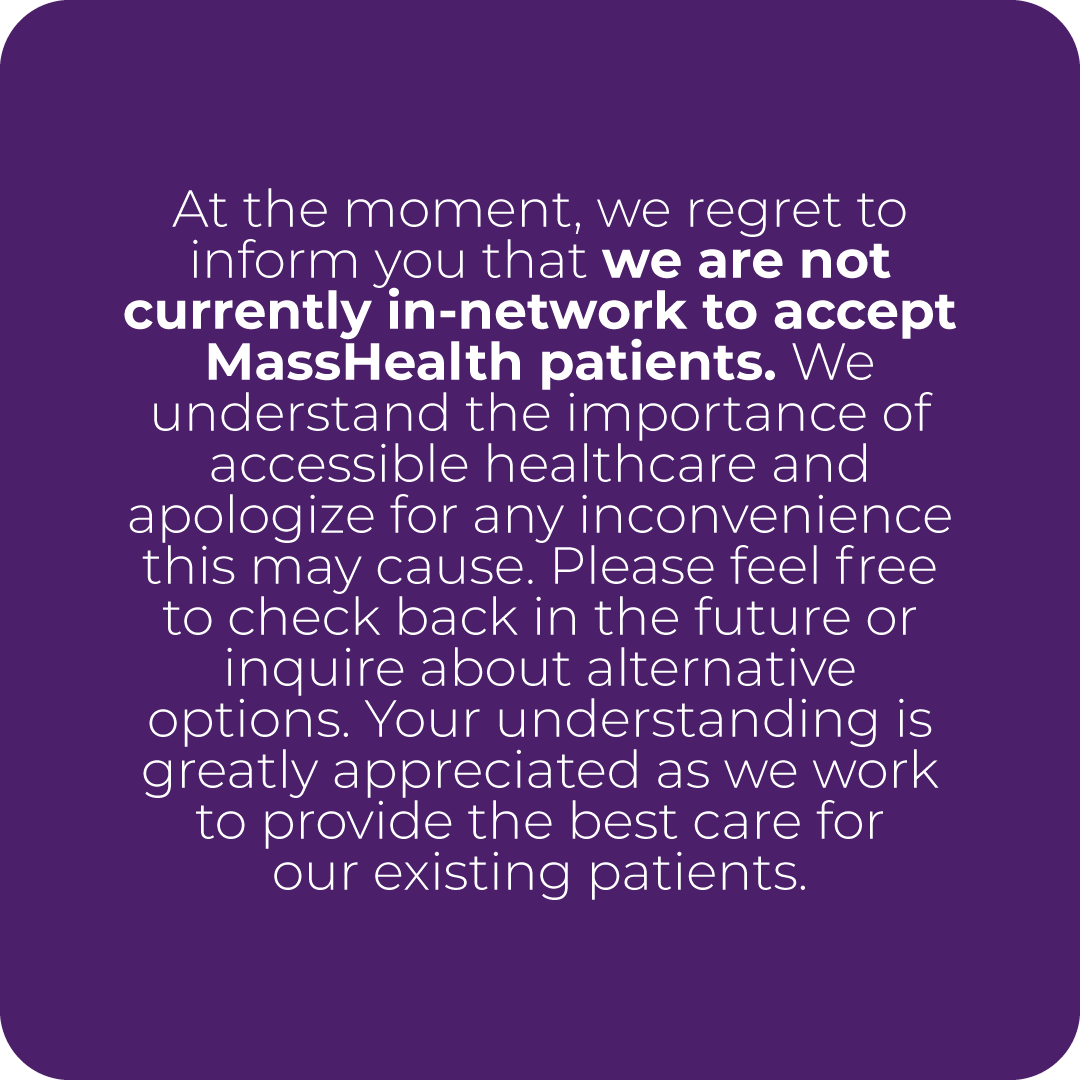The dentists at Beyond Dental Health have years of experience in patient care and are often asked about one of the most prevalent oral health concerns: the impact of sugar on teeth. Sugar is everywhere in our diets, and it poses a significant threat to the long-term health of your teeth and your overall health. In this blog, we’ll talk about the dental implications of sugar consumption and offer insights into how you can protect your teeth from its detrimental effects.
The Relationship Between Sugar and Your Teeth
The fundamental relationship between sugar and your dental health lies in the process of tooth decay. Cavities are formed when oral bacteria interact with sugars to produce acids. These acids, primarily lactic and acetic acids, have a corrosive effect on the enamel, which is the outermost protective layer of the teeth. Understanding this process is key to understanding how sugar affects your teeth.
Our mouths are home to a diverse array of bacteria, and among the numerous types of bacteria, Streptococcus mutans stands out for its role in tooth decay. When you consume sugary foods or beverages, this bacteria feeds on the sugars and produces acid as a metabolic byproduct. This acid lowers the pH level in the oral environment, creating a more acidic environment that is conducive to enamel demineralization. Over time, this weakens the enamel and makes it more vulnerable to cavities.
Frequency Matters
One essential aspect of how sugar affects your teeth is the frequency of sugar consumption. It’s not just about the amount of sugar you consume but also how often you consume it. When you eat sugary foods or drink sugary beverages daily, your teeth are exposed to a continuous stream of acid attacks. This ongoing acid production leaves your teeth with less time to recover and remineralize.
Sipping on sugary beverages or consuming sugary snacks over an extended period can be more harmful than consuming them quickly. Prolonged exposure means a longer time for acid production and tooth enamel erosion. Therefore, it is advisable to consume sugary foods and beverages in a single sitting, followed by thorough rinsing with water or brushing your teeth to minimize the time your teeth are exposed to sugar.
Not All Sugar is Created Equal
Believe it or not, the type of sugar consumed also plays a role in tooth decay. Naturally occurring sugars in fruits, for example, are generally less harmful to teeth than added sugars found in candies and sodas. This is because the sugars in whole fruits are often accompanied by fiber and water, which can help buffer the acid and promote saliva production, a natural defense mechanism that aids in neutralizing acids. Added sugars are often found in processed foods and sugary beverages that lack these protective components.
The stickiness of sugary foods also matters. Sticky candies and snacks tend to cling to the teeth, providing a prolonged sugar source for oral bacteria to convert into acid. This is why our dentists often caution against foods like caramels and gummy candies, as they can be particularly harmful to tooth enamel. After eating sugary sticky candy, rinse your mouth with water or brush your teeth to remove residue and help minimize the risk of tooth decay.
Sugar and Gum Disease
In addition to causing tooth decay, sugar consumption also contributes to the development of gum disease. The acids produced by oral bacteria can irritate the gums, leading to inflammation and bleeding. Furthermore, sugary foods can stick to the teeth and gums, providing a breeding ground for bacteria that can lead to gum infections and periodontal disease.
Habits that Help
To minimize the effects of sugar on your teeth, adopting a few simple habits that can make a significant difference in your oral health.
- Reduce your sugar intake.
- Pay attention to food labels and try to choose products with lower sugar content.
- Opt for whole foods, like fruits and vegetables, which are not only healthier but also less harmful to your teeth.
- Drink water after consuming sugary foods to rinse away the sugar and dilute the acids.
- Chewing sugar-free gum can also stimulate saliva production, which helps neutralize acids and remineralize the enamel.
How Dental Care Combats the Effects of Sugar
Regular dental care is essential in combating the adverse effects of sugar on your teeth. This includes brushing 2x a day and flossing to remove food particles and plaque, which can fuel bacteria’s sugar-to-acid conversion process. Visiting your us for regular check-ups and cleanings is equally important, as they can detect and address early signs of tooth decay and gum disease.
In some cases, we may recommend dental sealants, a thin protective coating applied to the chewing surfaces of molars, to help prevent cavities in hard-to-reach areas. Fluoride treatments and toothpaste containing fluoride are also beneficial, as fluoride strengthens tooth enamel, making it more resistant to acid attacks.
Start Early and Protect Your Teeth
It is essential to instill good oral hygiene habits in children from an early age to prevent tooth decay. This includes teaching them how to brush and floss properly, limiting their exposure to sugary foods and drinks, and scheduling regular dental check-ups.
To protect your teeth from the harmful effects of sugar, it is crucial to reduce the frequency and amount of sugar consumption, choose less harmful types of sugar, and practice good oral hygiene habits. Regular dental check-ups and professional cleanings also play a vital role in preventing and addressing dental issues associated with sugar consumption. By being mindful of your sugar intake and following these guidelines, you can maintain a healthy smile and minimize the impact of sugar on your teeth.
Contact us today to schedule your preventive care visit: 781.650.2200 or find us on social media:






